
Most of us have probably had ringing in our ears, also known as tinnitus, at some point. Tinnitus can also appear as hissing, buzzing, roaring, clicking, or humming sounds. When tinnitus becomes a chronic issue, it’s important to determine the root cause. While you may not be able to eliminate the problem, there are natural solutions to lessen the severity of the condition.
01
Sound maskers or machines
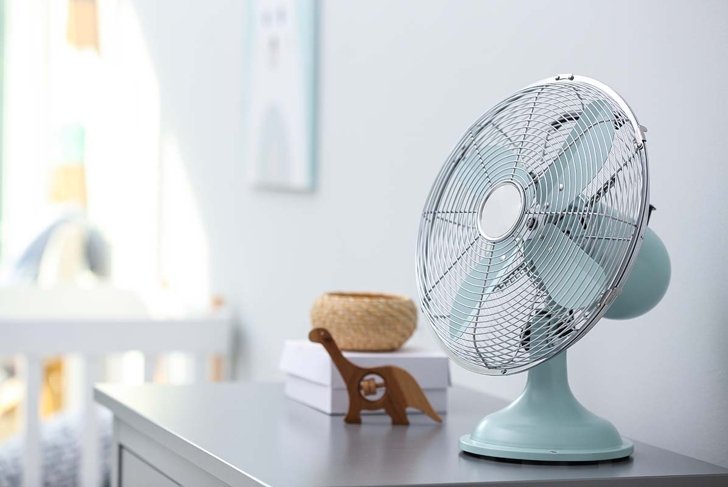
A sound masking device makes an external sound at a higher pitch than tinnitus. They provide background noise so that it drowns out the sound of tinnitus. Traditional devices are used as table-top or beside machines. However, just about anything that makes background noise can provide relief from tinnitus. This could include a television, music, sound machines, or fans. This support has been sown to be effective in proving temporary relief by reducing tinnitus magnitudes.
02
Neurofeedback
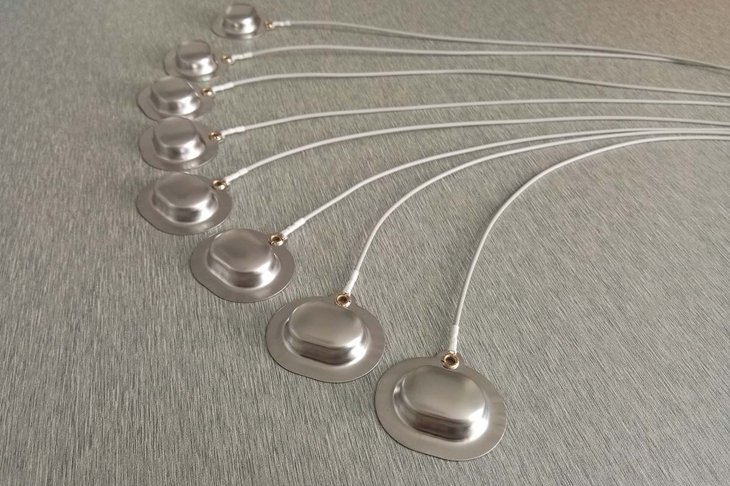 Neurofeedback is a way to control your body temperature and brainwaves by regulating your brain activity. It’s a noninvasive procedure that uses sensors placed along the scalp to measure a person’s brainwave activity. Sounds and visual components are then used to readjust and retrain brain signals. Although more research needs to be done on neurofeedback’s effects on tinnitus, results are promising so far, and it’s starting to be more widely accepted as a viable treatment.
Neurofeedback is a way to control your body temperature and brainwaves by regulating your brain activity. It’s a noninvasive procedure that uses sensors placed along the scalp to measure a person’s brainwave activity. Sounds and visual components are then used to readjust and retrain brain signals. Although more research needs to be done on neurofeedback’s effects on tinnitus, results are promising so far, and it’s starting to be more widely accepted as a viable treatment.
03
Neuromodulation device

This is a fairly new device aimed at reducing tinnitus by using bimodal neuromodulation. The device plays sounds through headphones while delivering mild electrical currents to the tongue. This may result in long-term changes in the brain to decrease tinnitus. In the study conducted over 12 weeks, participants experienced a significant reduction in their tinnitus without any adverse side effects reported.
04
Hearing aids
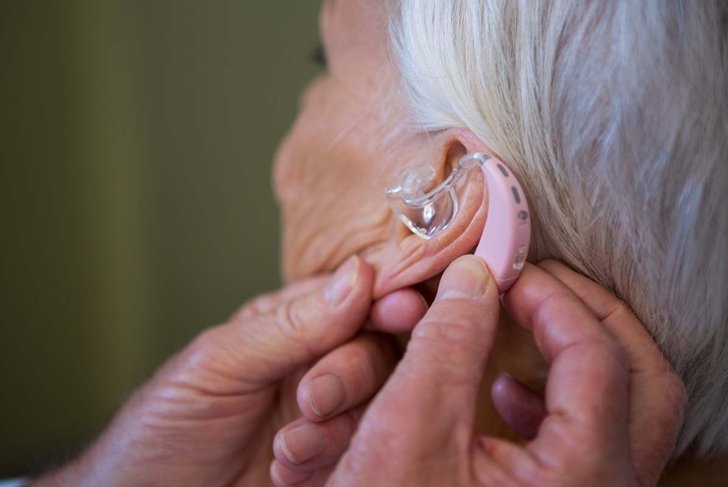
Sometimes tinnitus can be caused by hearing loss from loud noises, medications that damage the nerves in your ears, infections, or aging. If your tinnitus is a result of hearing loss, a hearing aid may provide you with some relief. Hearing aids can allow you to hear external noise better, which can help quiet the internal noise of your tinnitus.
05
Counseling

Can your tinnitus be linked to emotional stress? It’s possible. People who suffer from depression and anxiety report higher incidents of tinnitus. A counseling program can help you cope while living with tinnitus by teaching you how to think about the condition and better react to it. Even when depression or anxiety aren’t at the hub of tinnitus, cognitive behavioral therapy (CBT) can help. Researchers found that CBT may reduce the stress and impediment associated with tinnitus.
06
Retraining therapy

Retraining therapy combines counseling with wearing a device that masks the tinnitus sound with tonal music. Retraining counseling reclassifies tinnitus as a neutral stimulus while sound therapy attempts to decrease the strength of the neuronal activity. In one study over 18 months, two separate devices, a hearing aid and sound generator, were used alongside counseling. Participants reported a significant reduction of tinnitus after receiving the retraining therapy, making it a viable option in the treatment of tinnitus.
07
Notched music or modified sound devices

This medical-grade device is customized for the individual patient. It helps tune out tinnitus by playing notched music or modified sounds at specific tones and frequencies that the listener can’t hear. With regular use, such as first thing in the morning or before bed, the device may provide some relief from tinnitus, even after it’s turned off.
08
Massage therapy
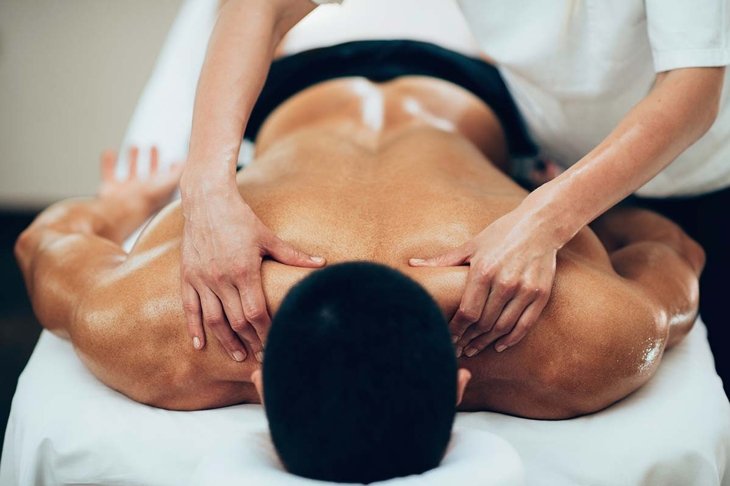
Another cause of tinnitus may be tight muscles as a result of teeth grinding, neck injury, muscle tension, or jaw clenching. In this case, your doctor might recommend massage therapy to ease your tinnitus. You may also be asked to move your neck and jaw in certain ways to relieve tension.
09
Object removal
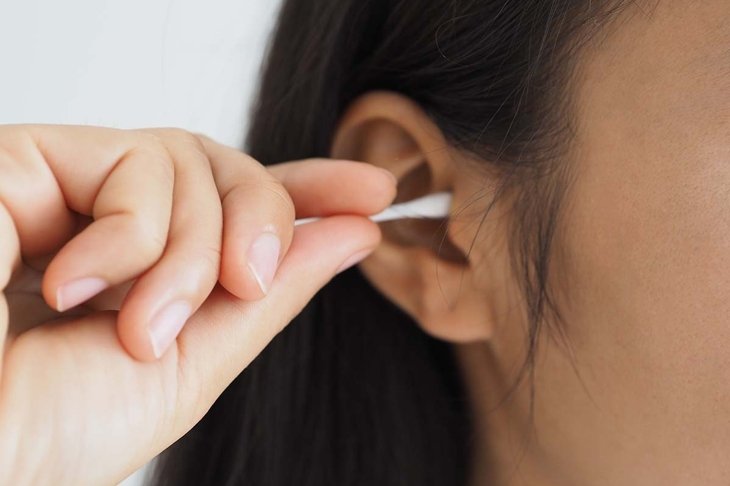
Sometimes tinnitus is caused by an obstruction in the ear canal. Earwax buildup is often the culprit, but it might also be caused by loose hair or another object. If this is the case, your doctor can use a small tool equipped with a light to look in your ear to determine the best course of action. If it’s caused by earwax buildup, which it often is, a curet equipped with a suction cup can pull the earwax out.
10
Readjusting the jaw
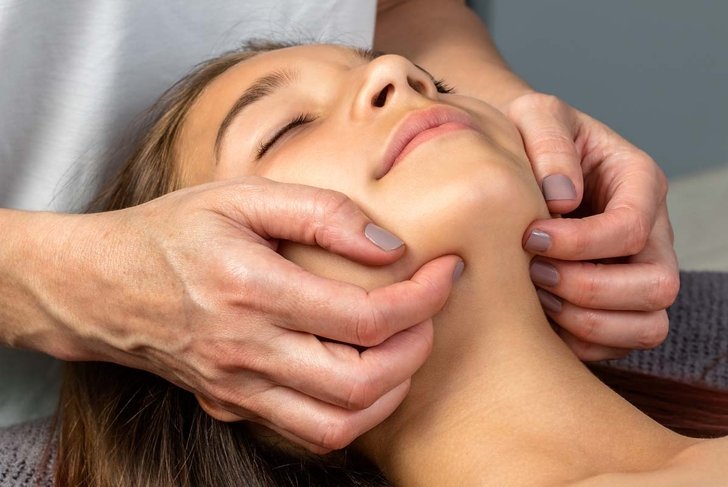
Tinnitus caused by temporomandibular joint, or TMJ, dysfunction is rare but can still sometimes cause ringing in your ear. Aside from tinnitus, symptoms of TMJ include jaw pain, earaches, difficulty chewing, and locking of the jaw. If you suspect you have TMJ, your doctor may recommend some noninvasive therapies, such as mouthguards or physical therapy for the jaw.





























